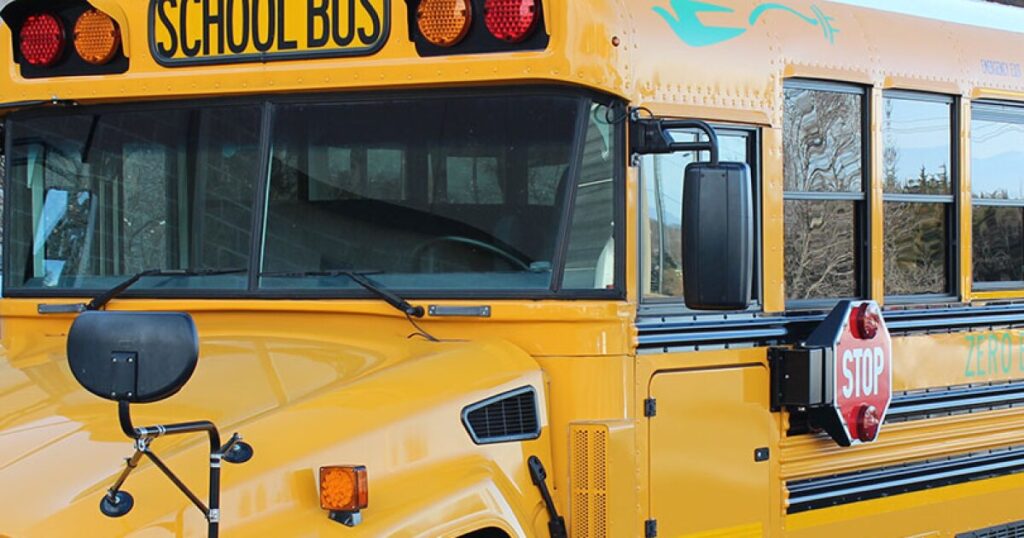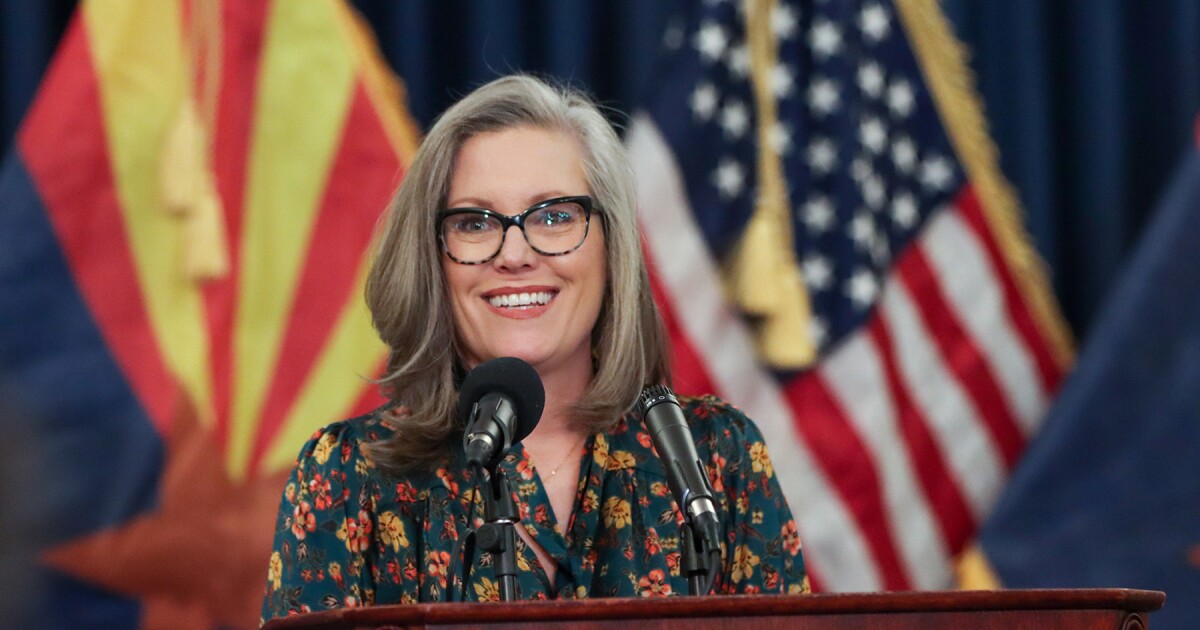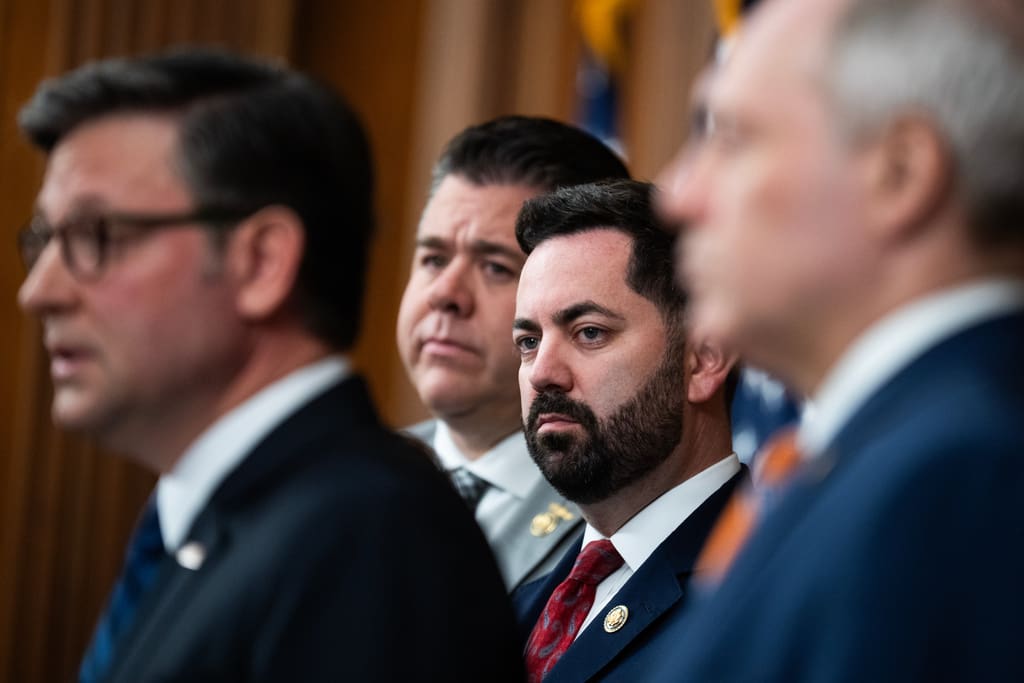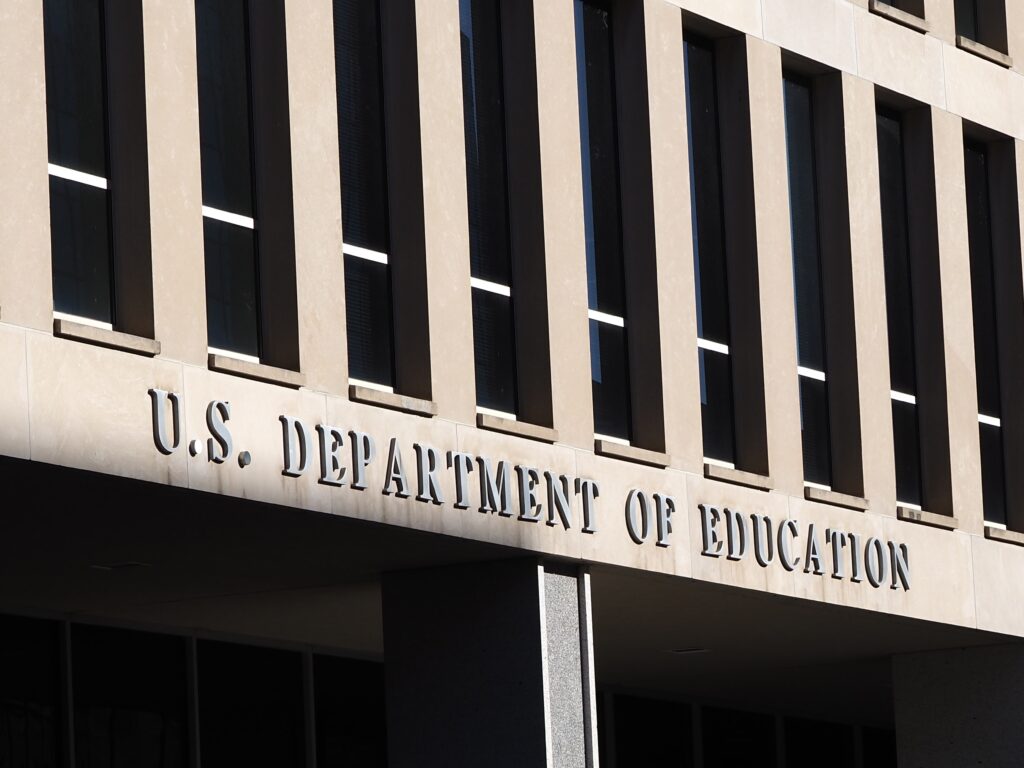Michigan School Districts Face Challenges with Proposed Funding Changes
In rural areas of Michigan, school leaders express concerns over a new budget proposal that could complicate funding for essential transportation services. The Michigan House, led by Republicans, has put forth a budget plan that would eliminate earmarked funds for school buses, potentially impacting districts like Escanaba Area Public Schools.
Coby Fletcher, the superintendent of Escanaba Area Public Schools in the Upper Peninsula, highlighted the significance of transportation funding, which last year amounted to about $266,000 for his district. This funding played a crucial role in maintaining a fleet of 15 buses, which collectively cover hundreds of thousands of miles annually. According to Fletcher, these funds equate to the cost of hiring four new teachers.
Under the proposed budget, the specific allocation for transportation would be removed. Instead, schools would see an increase in base per-pupil funding, as analyzed by the nonpartisan House Fiscal Agency. However, the flexibility in spending could lead to disparities between districts that heavily rely on busing and those that do not.
“Even though we’re all getting the same amount of money, times however many pupils that we have, I am now going to have to use a bigger piece of that than somebody else will to pay for my transportation costs when I would have previously received money above and beyond that to help offset my transportation costs,” Fletcher explained.
This change is part of the House’s initiative to consolidate the so-called “categorical grants,” which previously directed funds to specific needs such as transportation, tutoring, and free lunches. The Republican budget aims to integrate these grants into the general per-pupil funding, arguing that it provides schools with the freedom to prioritize their spending areas.
Craig Thiel from the Citizens Research Council of Michigan noted that while the proposal offers more financial flexibility, it also means that different programs will now have to compete for the same pool of resources.
John VanWagoner, Superintendent of Traverse City Area Public Schools, expressed his concerns regarding the proposal. His district, which serves a significant rural population, currently spends around $6 million annually on transportation, with $1 million covered by categorical grants. The proposed changes risk destabilizing this balance, raising questions of fairness in distribution.
“Here’s the problem,” VanWagoner stated, highlighting the disparity, “What about the district that’s wealthy and has no poor kids and doesn’t provide transportation? What do they do with their money?”
Supporters of the proposal, such as Representative Tim Kelly, emphasize the autonomy this budget grants to local districts, allowing them to allocate funds according to specific needs. Kelly criticized detractors for wanting state-level decision-making to avoid accountability.
The Mackinac Center for Public Policy’s Molly Macek echoed this sentiment, suggesting that the proposal’s controversy stems from uncertainty. She argues that increased funding, coupled with flexibility, should be beneficial for districts as they address their unique student needs.
While some, like VanWagoner, agree on the excessive number of categorical grants, the broader implications of the budget remain uncertain. The state is currently weighing three different budget proposals, with the Republican-led House suggesting a $21.9 billion school aid plan, contrasted with Governor Gretchen Whitmer’s $21.2 billion and the Senate’s $21.8 billion.
With the school year underway and the budget deadline looming on October 1, districts face the risk of having to borrow funds to meet their operational costs. Both Fletcher and VanWagoner are committed to maintaining transportation services, even if it requires reallocating funds from other areas, such as classroom services.
“It’s a little bit like having a balloon that’s tied at both ends,” Fletcher said. “If you want to inflate it somewhere, you’ve got to squeeze it somewhere else.”
—
Read More Michigan News










